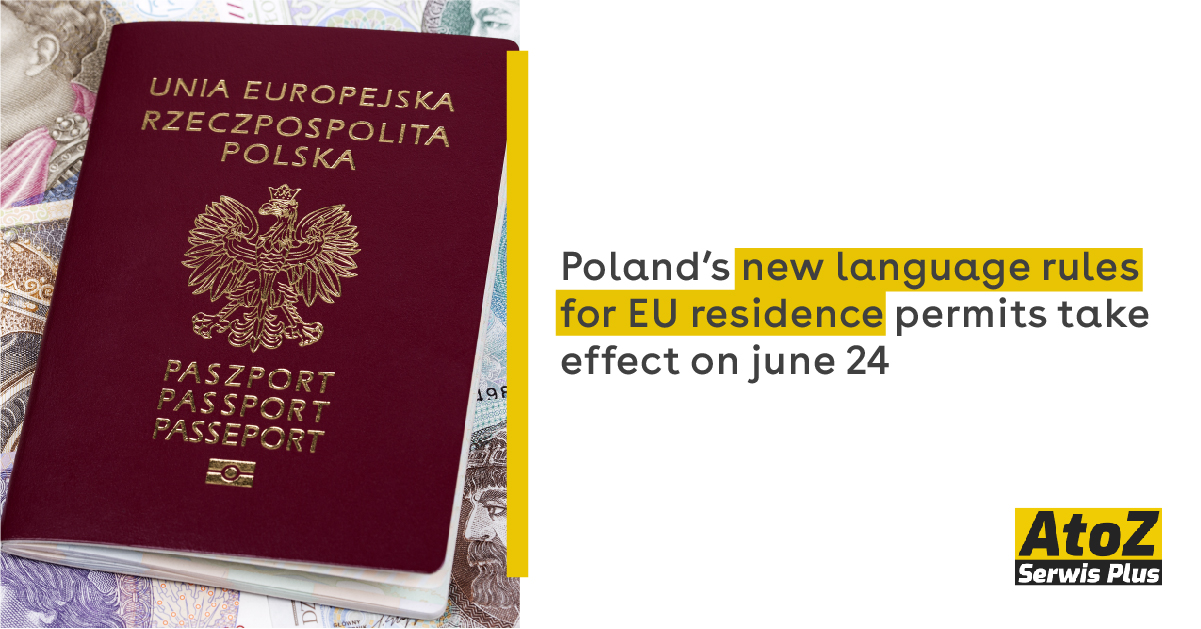

The Polish economy needs workers. Problems of entrepreneurs from the Social Dialogue Council
Record high employment rate, which in the third quarter of 2021, according to the Central Statistical Office, amounted to 77.4%. and one of the lowest unemployment rates in Europe at 2.9 percent. these are the reasons why the Polish economy is facing a staff deficit.
In these conditions, companies willingly reach abroad and are looking for employees, e.g. from Ukraine, Belarus or Asia. However, there is no structured migration policy strategy. Similarly, it is necessary to regulate remote work, which in practice will work in most companies in the hybrid model. Finally, the activation of people aged 50+ is important. This was discussed by employees and employers during the Social Dialogue Council on February 1 this year.
Unemployment in Poland is at a record low. In December 2021, it was 5.4 percent. The number of unemployed fell by more than 3,000 on a monthly basis. and it was the first decline in December at least since the beginning of the 1990s. According to Eurostat, the unemployment rate in our country in December 2021 was 2.9%. and was one of the lowest in Europe. Only the Czech Republic was ahead of us. In addition, at the end of the third quarter of 2021, we had 153.5 thousand. vacant jobs. Half of these vacancies were in industry, construction and trade. This year the situation will be similar. We are in for a year of great staff shortages. There will be more jobs than the available workers, and the situation is hampered by the demographic situation in Poland.
We need foreign workers
Last year, a record of employing foreign workers was set. In total, almost 3 million documents were issued to foreigners, which allowed them to work both short-term and seasonal, as well as long-term for one, two or three years. This means an increase of 30 percent. Every year. The greatest number of declarations of the intention to entrust work to Ukrainians was issued - as much as 1.63 million. The Georgians were in second place (129,000), and the podium was closed by Belarusians (98,000). There is also a growing interest in employees from Asia. In 2021, over 114.5 thousand. work permits for citizens of Asian countries. This is an increase of as much as 80 percent. compared year on year and by 67 percent. more than in 2019.
Employers need employees from abroad and that is why they are pleased with the changes introduced at the beginning of the year to the amendment to the Act on Employment of Foreigners. Declarations will be issued for 24 months and the procedures will be accelerated. This is what the companies that indicated in our "Polish Labor Market Barometer" already in 2019 indicated the need to facilitate formalities allowing them to apply for a longer stay of employees from abroad in Poland and extend the time of legal work under a simplified procedure. However, the basics are still missing. The introduced changes were not preceded by the preparation of a strategy that would take into account a sufficiently long perspective.
There is also no migration policy, which should be the foundation for the creation of the law on the employment of foreigners. The migration strategy in our country should take into account, inter alia, the needs of the Polish labor market in the short and long term, the change of the model of immigration to Poland from short-term and fast-rotating to settlement, should also include incentives for whole families to settle in Poland, e.g. from Ukraine.
Hybrid work as a European standard
The research we conducted in 2020 shows that 83 percent. people who have performed or are still performing their duties remotely, want the home office to be guaranteed by law. However, the employees are not very demanding. For 37% of employees, one day a week is sufficient to work remotely. Annually, it is about 50 working days. Why is it crucial? The pandemic has permanently changed the model of work, promoting the home office, which has been a standard in European countries for years. Now our employees will also want to work in hybrid mode. For this to be possible, it is crucial to regulate issues related to remote work, which for the time being operates in accordance with the provisions introduced in the first installment of the so-called Anti-crisis Shield. These rules must be transferred to the Labor Code, which will be the basis for companies to introduce their own principles of hybrid work, which is standard in Europe. The Owl Labs report shows that 89 percent. European companies plan to continue the hybrid work model after the pandemic, and only 11 percent. expects employees to fully return to their offices.
Activation of people aged 50+ as the overriding goal of an aging society
According to ZUS data for the period from January to September 2021, 5.97 million people receive pensions in Poland. Among these people, employment is 754 thousand. This means that more or less every tenth (12.6%) pensioner is supplementing his retirement pension. This is not much taking into account the demographic trends in our country. According to the forecast of the Central Statistical Office, the number of people aged 60 and more in Poland is expected to increase to 10.8 million in 2030, and to 13.7 million in 2050. This means that these people will constitute approx. 40 percent. total population of Poland. That is why it is so important to encourage people over 50 years of age. for professional activity. It is crucial to introduce incentives for employers to search for staff among people aged 50+ who currently have problems inviting them to an interview. The experiment of the Polish Economic Institute shows that
source url : https://wig.waw.pl/polska-gospodarka-potrzebuje-pracownikow-problemy-przedsiebiorcow-z-rady-dialogu-spolecznego/


















